The hills grow softer
 Tuesday, May 10, 2016 at 10:44AM
Tuesday, May 10, 2016 at 10:44AM 
the violet was flawed on the lawn.
For two weeks or more the trees hesitated;
the little leaves waited,
carefully indicating their characteristics.
Finally a grave green dust
settled over your big and aimless hills.
One day, in a chill white blast of sunshine,
on the side of one a calf was born.
The mother stopped lowing
and took a long time eating the after-birth,
a wretched flag,
but the calf got up promptly
and seemed inclined to feel gay.
The next day
was much warmer.
Greenish-white dogwood infiltrated the wood,
each petal burned, apparently, by a cigarette-butt;
and the blurred redbud stood
beside it, motionless, but almost more
like movement than any placeable color.
Four deer practiced leaping over your fences.
The infant oak-leaves swung through the sober oak.
Song-sparrows were wound up for the summer,
and in the maple the complementary cardinal
cracked a whip, and the sleeper awoke,
stretching miles of green limbs from the south.
In his cap the lilacs whitened,
then one day they fell like snow.
Now, in the evening,
a new moon comes.
The hills grow softer. Tufts of long grass show
where each cow-flop lies.
The bull-frogs are sounding,
slack strings plucked by heavy thumbs.
Beneath the light, against your white front door,
the smallest moths, like Chinese fans,
flatten themselves, silver and silver-gilt
over pale yellow, orange, or gray.
Now, from the thick grass, the fireflies
begin to rise:
up, then down, then up again:
lit on the ascending flight,
drifting simultaneously to the same height,
-- exactly like the bubbles in champagne.
-- Later on they rise much higher.
And your shadowy pastures will be able to offer
these particular glowing tributes
every evening now throughout the summer.




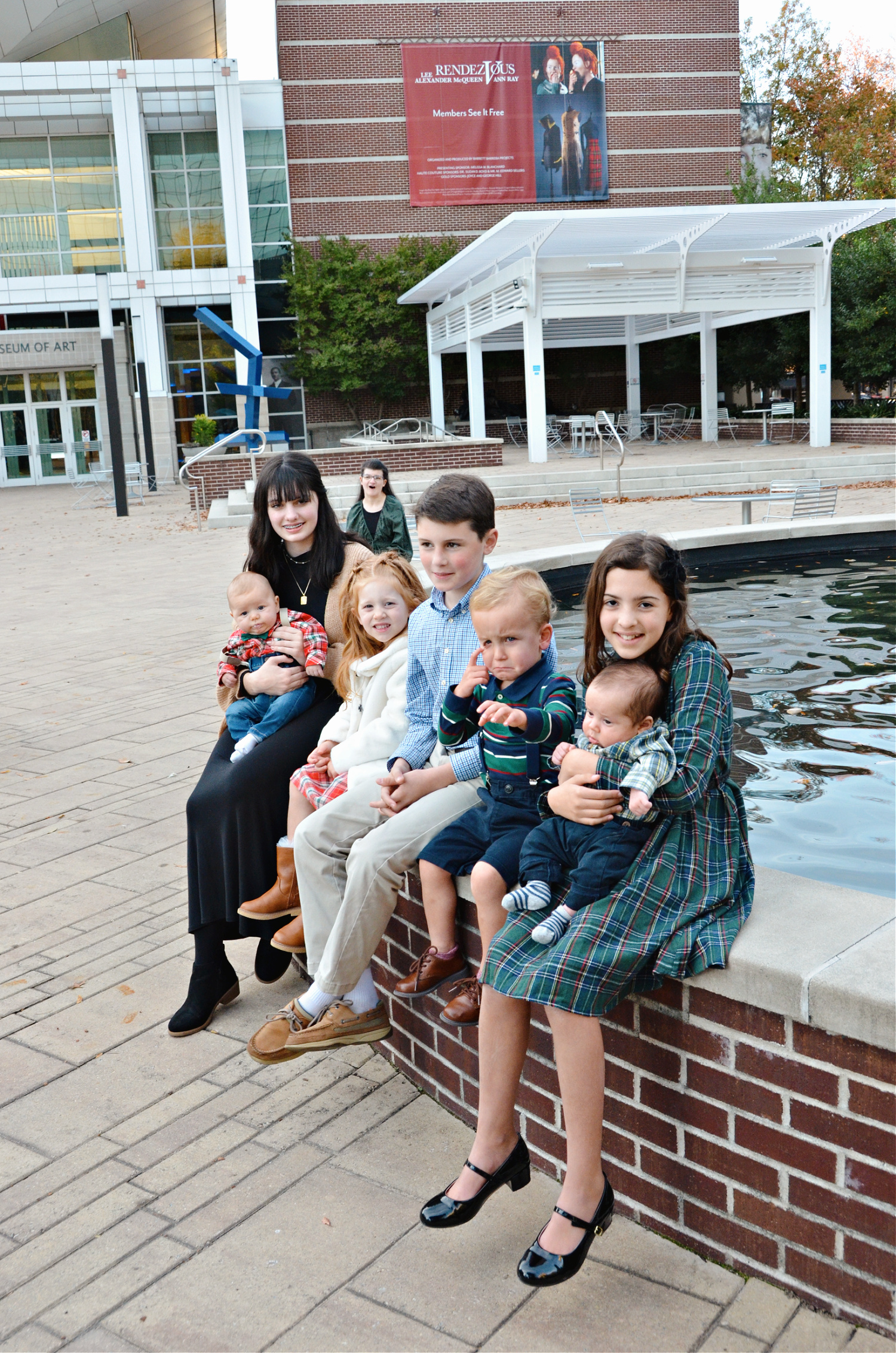
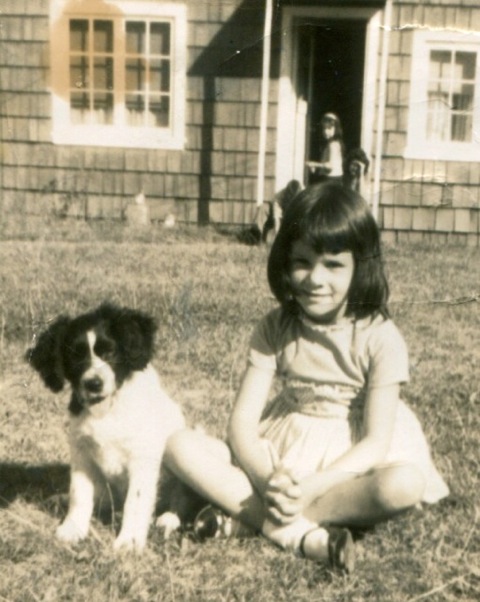












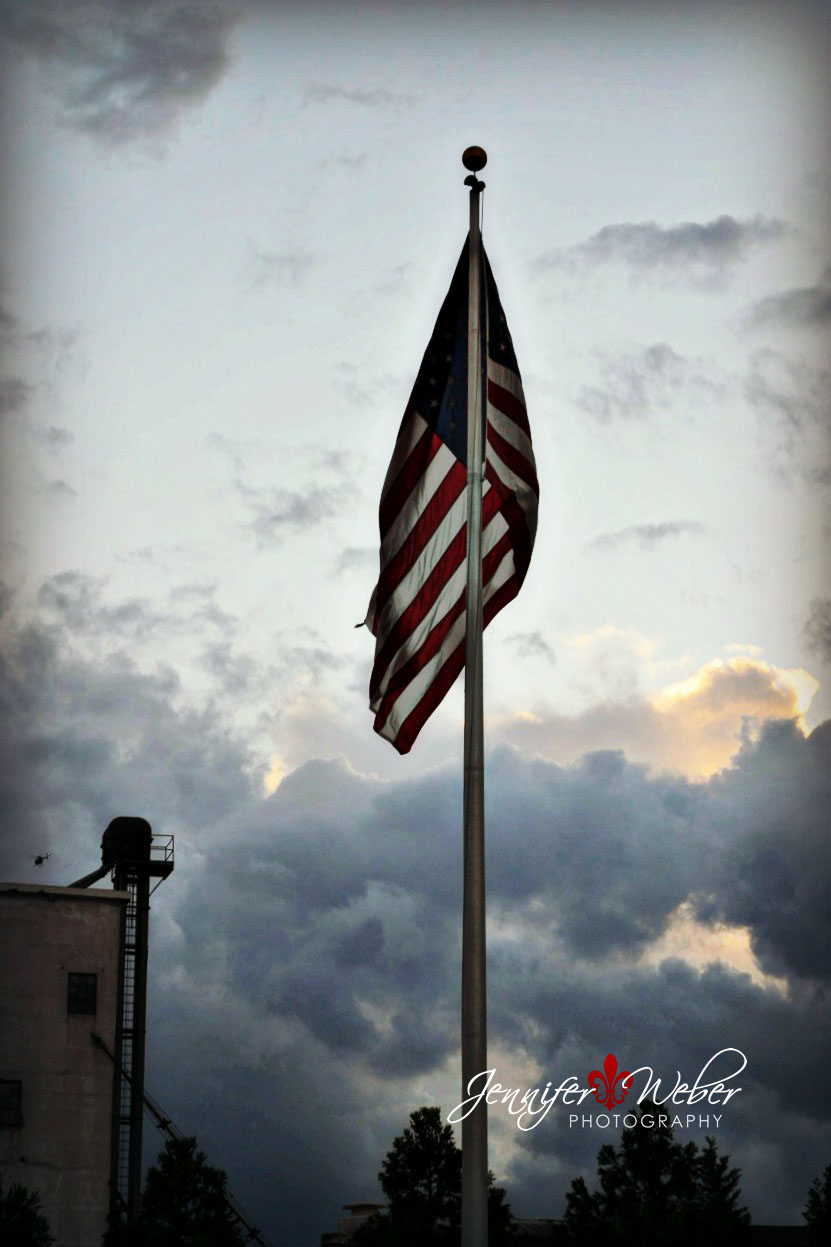



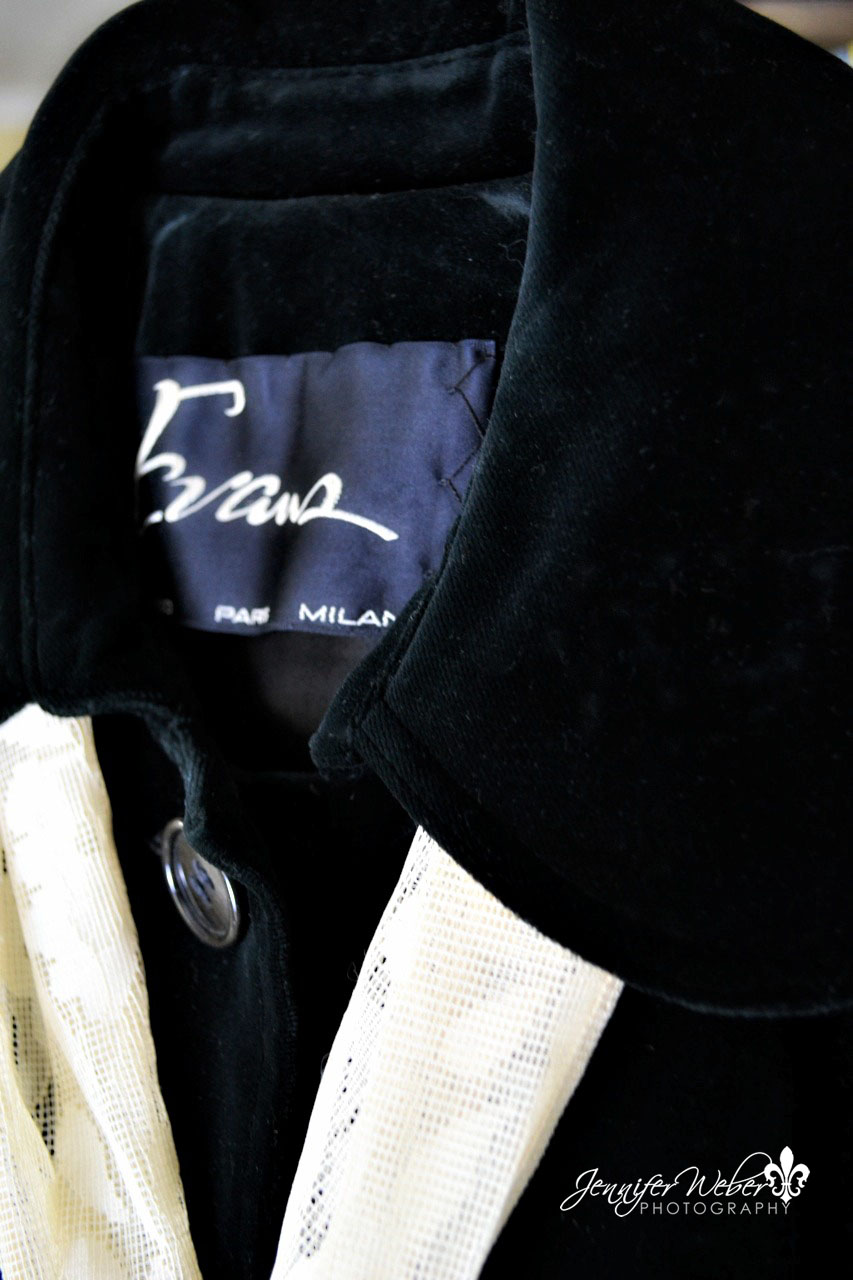



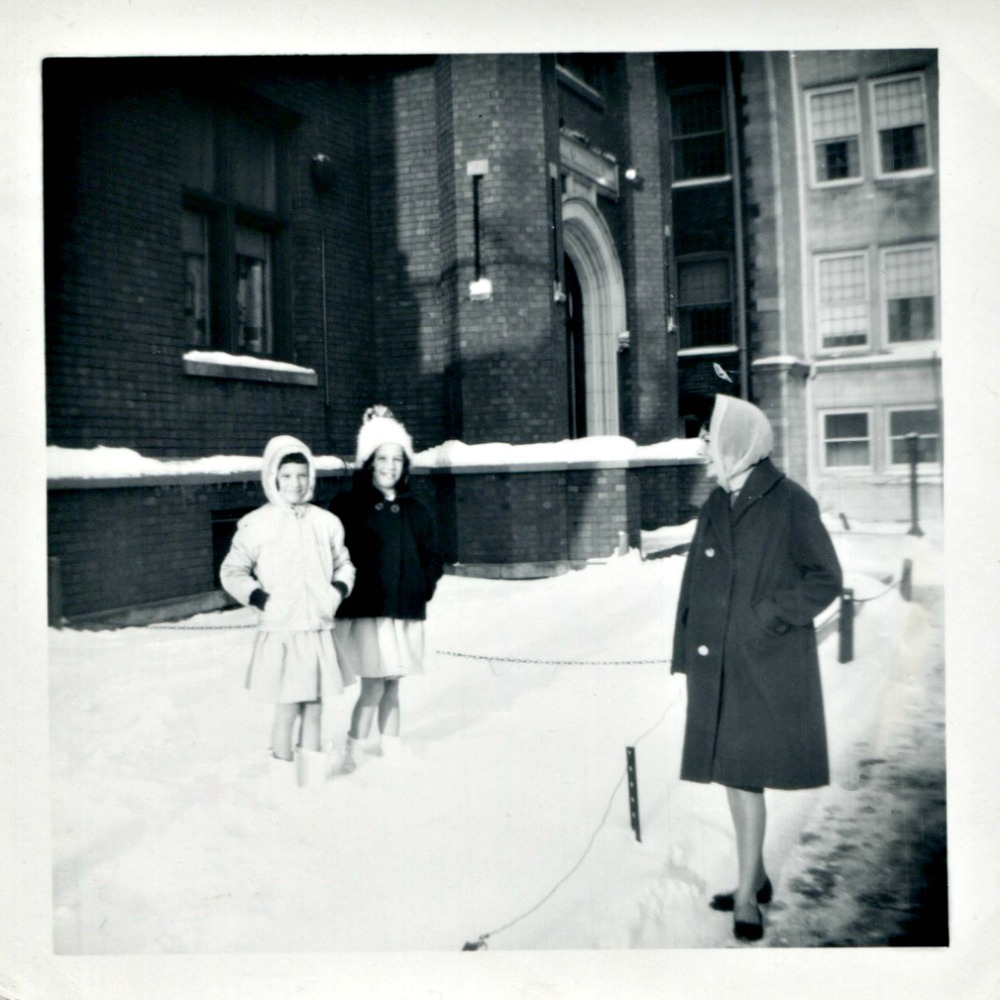

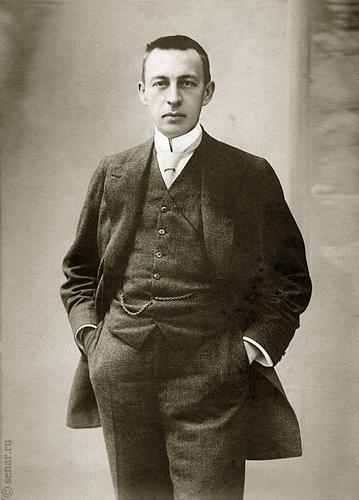


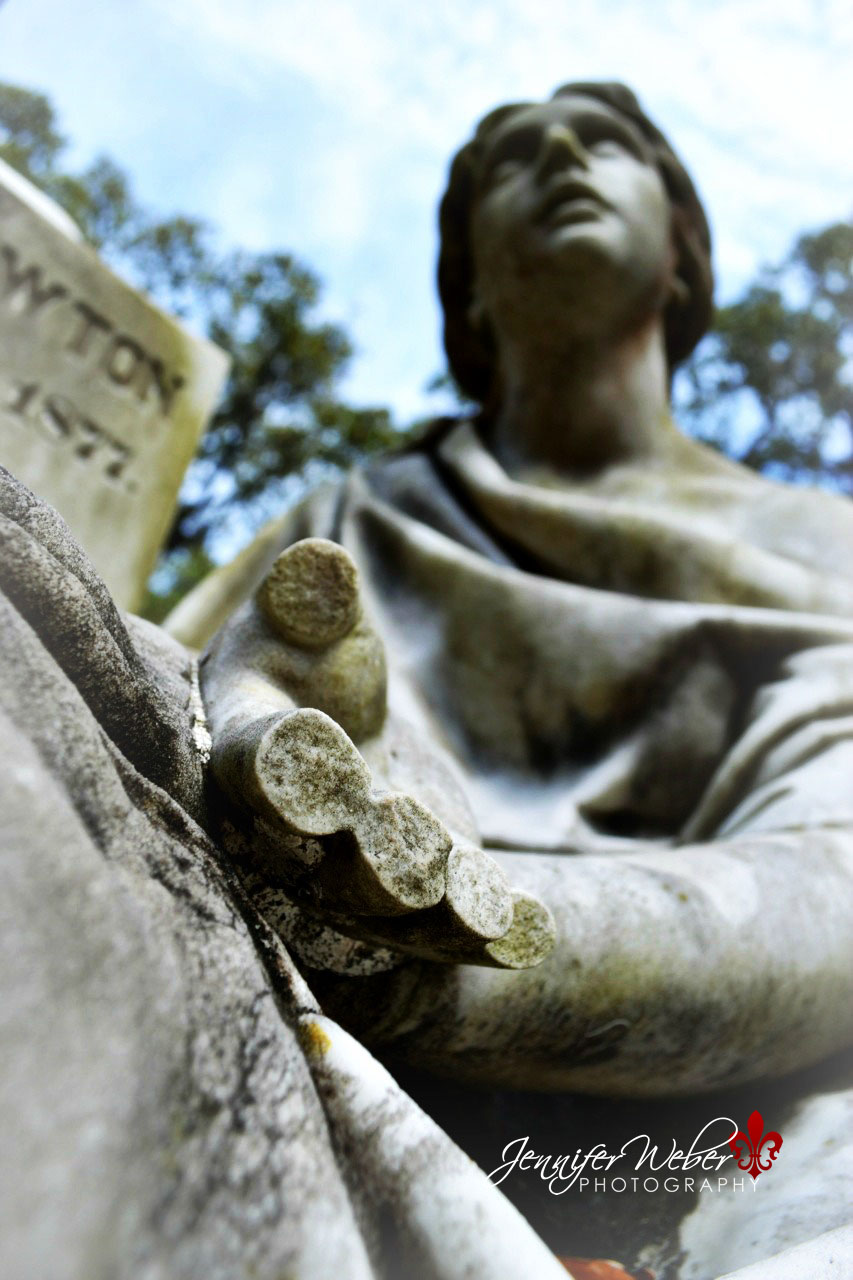







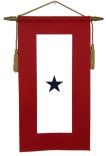
























































![Hold Back the Dawn [DVD] Charles Boyer; Olivia de Havilland; Paulette Goddard](http://ecx.images-amazon.com/images/I/41AkExBJQsL._SL75_.jpg)







Reader Comments